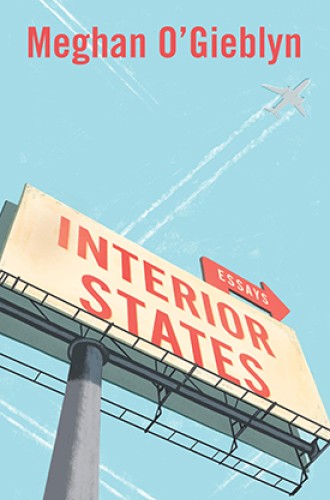Dazzling essays from flyover country
There are two conditions Meghan O'Gieblyn can't escape: Christianity and Midwesternness.
This debut collection of essays from the dazzlingly talented Meghan O’Gieblyn depressed me profoundly. Here I am, a writer whose main concerns include Christianity, the Midwest (Michigan in particular), and the terror and tedium of a fundamentalist childhood in the ’80s and ’90s. And here is O’Gieblyn, roughly my age, a Moody Bible Institute dropout from near Detroit, who in this book claims all these topics as authoritatively as Hemingway claimed hunting. That hint of color above a mostly washed-out sky at 3:53 p.m. on a February day in Michigan as you walk across a soggy field strewn with ice bits, repeating the sinner’s prayer for the thousandth time in the hope that this time it’ll take: this is O’Gieblyn country now. One might as well attempt to write a second book about Walden Pond.
My gain as a reader, however, surpasses my loss as a writer. Interior States is, sentence for sentence, image for image, unexpected connection for unexpected connection, the best new book I’ve read all year. O’Gieblyn writes in a controlled, level tone which, depending on topic, can sound beautifully muted, sardonic, or doomy. (One of the essays examines subtlety, its history and etymology—she concludes that it is always “a transaction of faith”—while noting wryly that it is the trait of her own writing that has most often annoyed readers.) Although, like any essay collection, it contains a few thematic outliers—book reviews, an ambivalent tribute to John Updike’s Couples, a profile of Mike Pence that is all the more damning for its restraint—the book mostly concerns midwesternness and Christianity, the two conditions O’Gieblyn seems unable to escape.
“The Midwest is a somewhat slippery notion,” she writes in the opening essay, “Dispatch from Flyover Country.”






